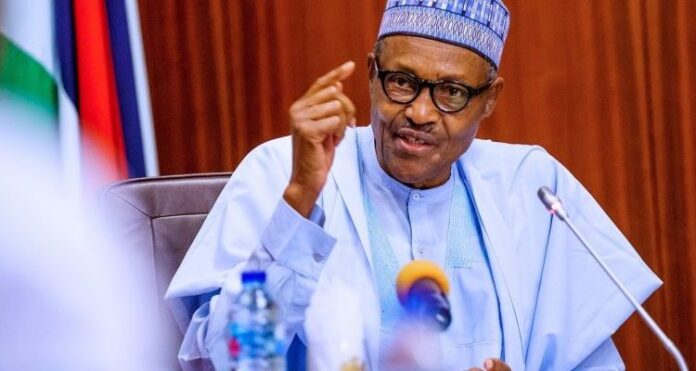Tanko Mohammed
As part of welfare for workers, Nigeria is implementing some palliative policies, including the legislation of the minimum wage, tax exemption for minimum wage earners and the preservation of public service jobs in spite of two recessions.
President Muhammadu Buhari explained at the opening session of the 2021 National Labour Advisory Council.
Represented by his Vice, President Yemi Osinbajo, he commended workers and other social partners for their cooperation and understanding in the resolution of issues in the industry, saying “workers also showed understanding in their demands.”
“Our government has always been and we remain resolutely committed to the welfare of workers. Indeed, one of our first actions in office was the massive bailout to States, the majority of which, were owing workers’ salaries in many cases for between 6 and 12 months.
“As Federal Government, we ensured that despite two recessions in six years, and severely dwindled national resources, no jobs were lost for this reason.
“Indeed, we not only implemented a new national minimum wage but we also last year, put forward legislation that ensured that minimum wage earners would pay no income tax.
“We established the largest Social Investment Programme in Sub-Saharan Africa and we have since expanded many of its component programmes including the Conditional Cash Transfers for the poor from 2.6 million households (13 million persons) to 7.2 million households (about 30 million persons) and COVID-19 Rapid Response for the Urban Poor which now has 4 million households (20 million persons),.’’ Buhari said.
Speaking about Nigeria’s ratification of the International Labour Organisation (ILO), the President noted that “Nigeria has ratified this convention and is today practising its provisions. So, we can without equivocation, assert that Nigeria supports tripartism in labour relations as a fundamental pillar of good governance.”
Said the President: “The ILO Convention promotes the application of a founding principle of the ILO which established the bringing together of governments, employers and workers through tripartite social dialogue to develop, implement and promote international labour standards governing all aspects of the world of work.
“We will continue to consider the four pillars of the ILO policy framework to tackle the COVID-19 crisis in our journey to build back better, that which was destroyed by the pandemic.
“Through the Federal Ministry of Industry, Trade and Investment, there is the Entrepreneur Support Programme which includes vulnerable workers amongst the urban poor…”
The President also listed the following the Artisan Support Fund; Payroll Support Fund for small scale businesses; Business Formalisation aimed at encouraging Micro, Small and Medium Enterprises (MSMEs) by offering free registration for upcoming businesses by the Corporate Affairs Commission (CAC).
Others are Guaranteed Off-take Stimulus Scheme for Small Medium Enterprises (SMEs); the National Youth Investment Fund (NYIF) for young entrepreneurs of N75 billion for 3 years, all aimed at supporting the labour force.
According to him, “we also intend to expand the N-Power programme from the present 500,000 to 1 million persons; and the Central Bank of Nigeria has activated its programmes in Agriculture and Manufacturing.”




